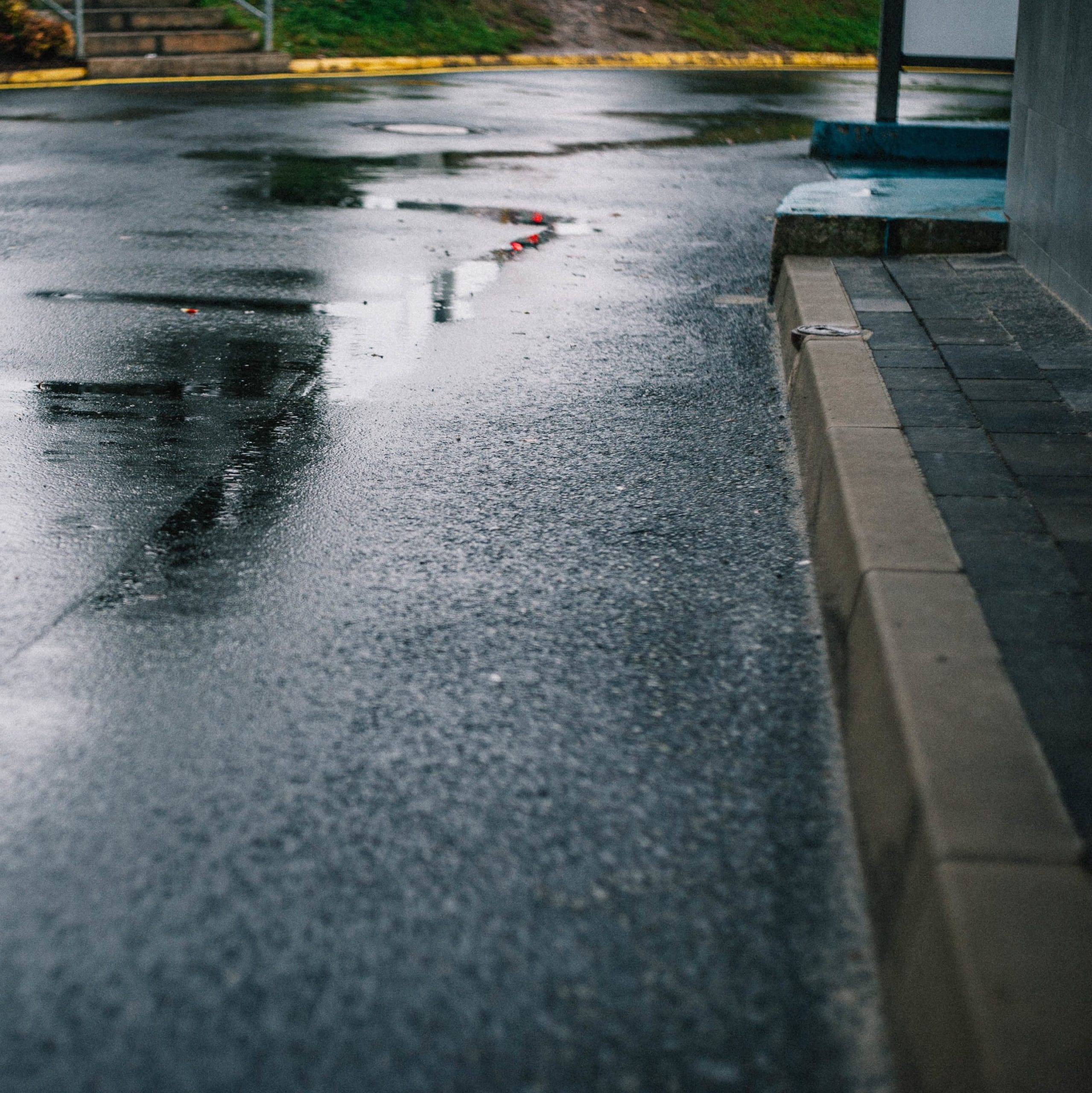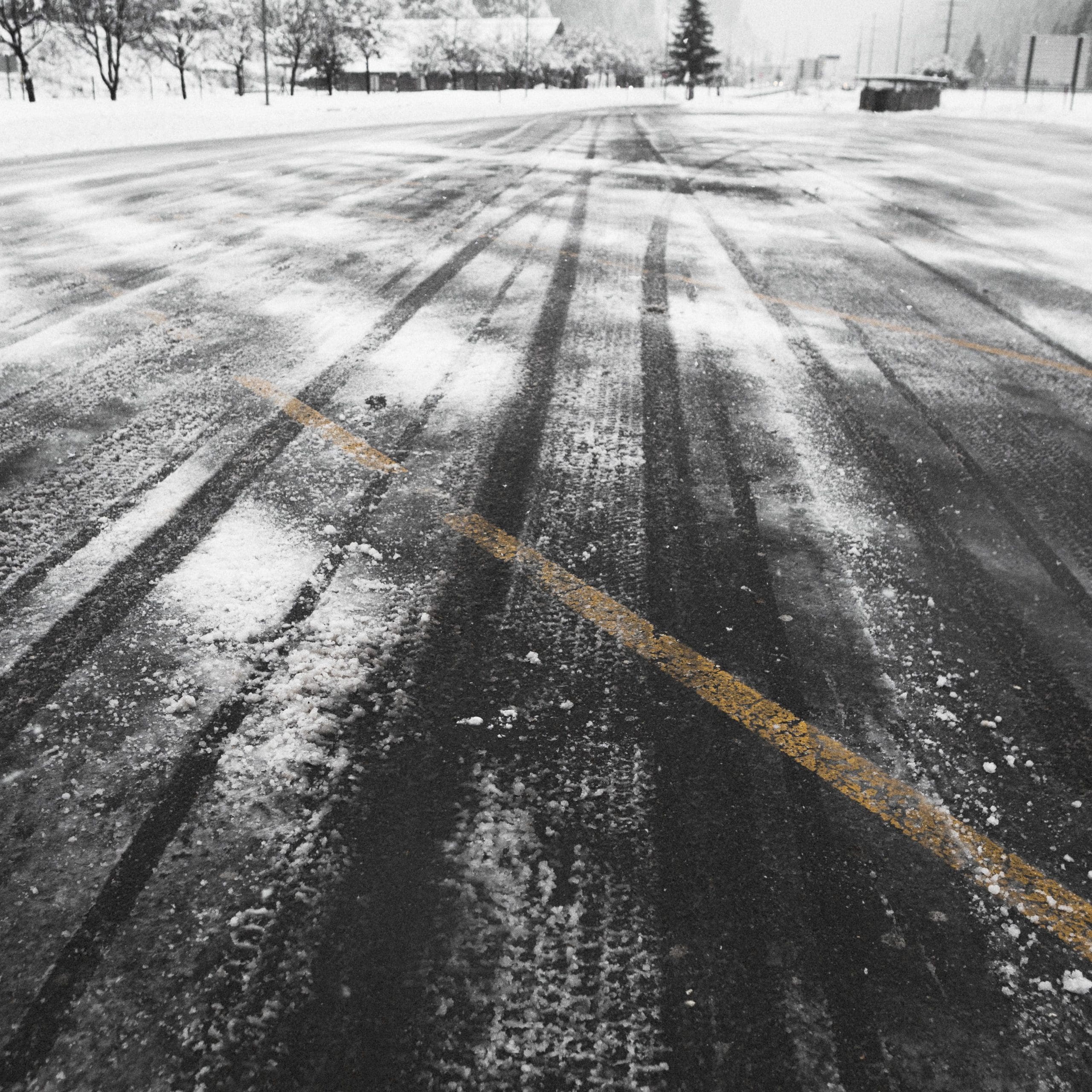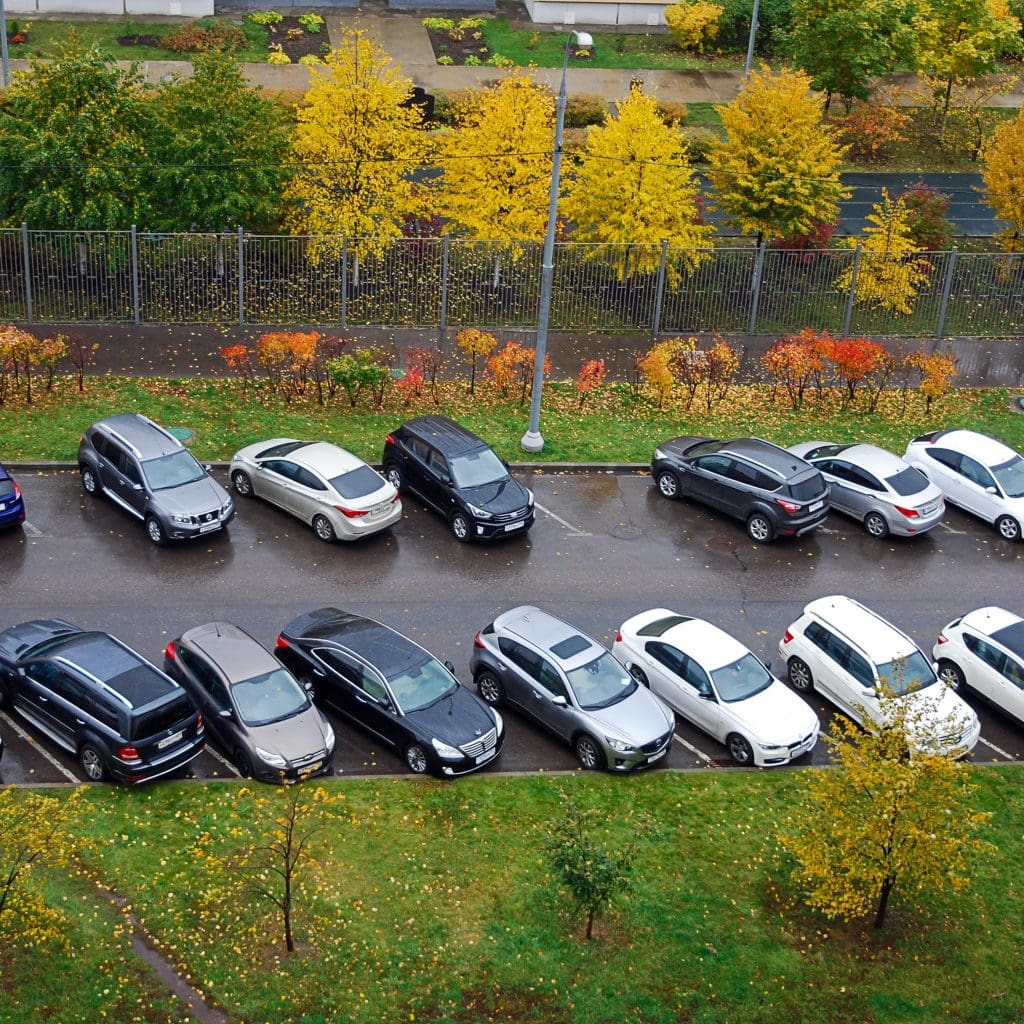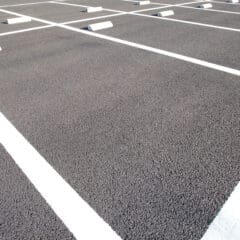
Car Park Surfacing in Bristol by Professional Tarmac Contractors
A smart, well-maintained car park sets the right impression while keeping vehicles and pedestrians safe. Serving Bristol and the surrounding areas, Acorn Surfacing delivers expert car park surfacing solutions designed for durability, compliance, and visual appeal. Our skilled tarmac contractors provide tailored installations that protect against damage, wear, and future costly repairs.
How Weather Can Affect Driveways and Car Parks
Weather conditions play a significant role in determining the longevity and performance of car park surfacing. Different weather phenomena, such as extreme heat, cold, heavy rain and snow, can impact the materials used for surfacing, influencing maintenance needs and safety. Understanding these effects is crucial for choosing suitable materials and ensuring proper upkeep.
Our tarmac contractors at Acorn Surfacing are happy to help advise on the best solutions for your surfacing requirements. We specialise in tarmac driveways, resin-bound driveways, and the council-approved installation of dropped kerbs throughout Bristol and the areas we cover.
In this article, we’ll explore the effects of the weather on your driveway or car park.


Extreme Temperatures
Car park surfaces can suffer from several issues in regions with high temperatures. Asphalt, for example, softens under intense heat, leading to a phenomenon known as “rutting.” Rutting occurs when the softened material deforms under the weight of vehicles, creating long grooves and depressions in the surface. Over time, this degrades the aesthetic appeal of your property’s car park and poses safety risks.
Cold weather can be equally damaging, especially for materials like tarmac and asphalt. Freeze-thaw cycles, where water infiltrates the surface and freezes and expands, cause cracks and potholes. This process weakens the material, necessitating reactive repairs. Whilst the UK climate doesn’t often extend to such extreme bouts of hot or cold, any occurrence can affect driveways and car parks.
Heavy Rain
Excessive rainfall significantly threatens many surfaces, primarily due to poor drainage. Standing water can seep into the surface, weakening the material and leading to erosion. Effective drainage systems are essential to handle heavy rain. Incorporating permeable car park surfacing and paving materials, which allow water to pass through and into the ground, can reduce surface water accumulation.
Proper grading and the use of drainage channels also help manage water flow and prevent damage. Our tarmac contractors will always ensure the surfaces we install for our Bristol clients, e.g. tarmac driveways and block paving surfaces, are completed with adequate drainage solutions. Our resin-bound driveways are naturally permeable and highly recommended for areas where flooding is an issue.


Snow and Ice
These wintery conditions present unique challenges for tarmac driveways, resin-bound driveways, and car park surfacing. While necessary for safety, using de-icing salts can accelerate the deterioration of these surfacing materials, so it is recommended that you opt for a salt-free alternative, such as hot water and a few drops of washing-up liquid, or use sand.
A build-up of snow can also conceal dropped kerbs and potentially cause damage to vehicles accessing driveways and car parks.
Wind and Debris
Strong winds can carry debris that abrades the surface of car parks, leading to gradual wear and tear. While this is a lesser-known factor, it still contributes to the overall degradation of the surface. Ensuring that the surface is durable and resistant to abrasion is essential in exposed areas prone to high winds.
If leaves and debris are left on a driveway or car park surface, they may become a tripping hazard for pedestrians.


Be Cautious!
Weather conditions significantly affect car park surfacing, influencing material choice and maintenance strategies. Understanding these impacts is essential for continuing durability and safety and is relevant for tarmac driveways, resin-bound driveways and dropped kerbs.
The adverse effects of weather can be mitigated by selecting appropriate materials, implementing effective drainage solutions, performing regular maintenance, and seeking advice from our experienced tarmac contractors at Acorn Surfacing.
Get in Touch
Acorn Surfacing offers a wide range of services to meet residential and commercial needs, exceling in the construction of tarmac driveways, resin-bound driveways, and council-approved installation of dropped kerbs. Every project is completed with careful attention to drainage, safety, and durability, helping protect your investment and maintain a smart, professional appearance.
Call our tarmac contractors on 07768 858246 for car park surfacing services and more in Bristol or any nearby location.